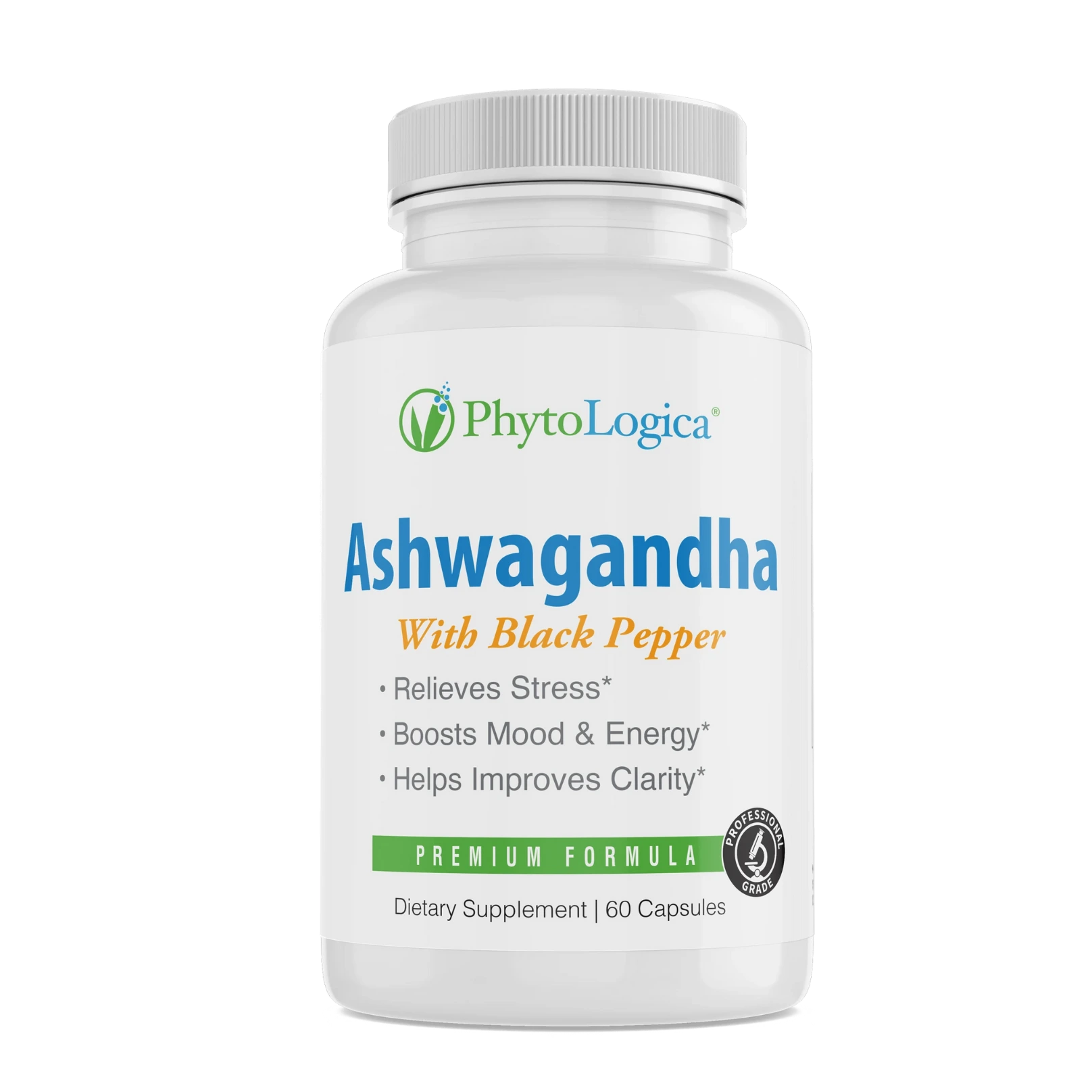Ashwagandha is an Ayurvedic herb that has been used in traditional medicine for centuries. An Ayurvedic herb is a plant or plant-derived substance that is used in Ayurvedic medicine, a traditional medical system that originated in India. The best time to take ashwagandha will depend on the specific product you are using and the reason for taking it. Some people may find that taking ashwagandha in the morning is more effective, while others may find that taking it at night is more beneficial. Ashwagandha is an Ayurvedic herb that has been used in traditional medicine for centuries. An Ayurvedic herb is a plant or plant-derived substance that is used in Ayurvedic medicine, a traditional medical system that originated in India. Ayurvedic herbs are believed to have a number of potential health benefits. Particularly ashwagandha is believed to have some health benefits, including potentially reducing stress, boosting brain function, and improving sleep. Ashwagandha is thought to be a real potent regenerative tonic. Ashwagandha is also considered an adaptogen, which means that it helps the body adapt to stress. Adaptogens are herbs that help the body adapt to stress by normalizing physiological functions. They can help to regulate the body’s stress response, which can help to improve overall health and well-being. People who take ashwagandha regularly, reported improved resistance to stress. Ashwagandha is believed to work by reducing levels of the stress hormone cortisol in the body. It is also thought to have a positive effect on the immune system, and management of the inflammatory process. Overall, ashwagandha has been used for centuries to promote health and well-being, and maintain a healthy heart. It is important to speak with your healthcare provider before taking any herbal supplements to ensure they are safe and appropriate for you.
Ashwagandha is an Ayurvedic herb that has been used in traditional medicine for centuries. An Ayurvedic herb is a plant or plant-derived substance that is used in Ayurvedic medicine, a traditional medical system that originated in India. Ayurvedic herbs are believed to have a number of potential health benefits. Particularly ashwagandha is believed to have some health benefits, including potentially reducing stress, boosting brain function, and improving sleep. Ashwagandha is thought to be a real potent regenerative tonic. Ashwagandha is also considered an adaptogen, which means that it helps the body adapt to stress. Adaptogens are herbs that help the body adapt to stress by normalizing physiological functions. They can help to regulate the body’s stress response, which can help to improve overall health and well-being. People who take ashwagandha regularly, reported improved resistance to stress. Ashwagandha is believed to work by reducing levels of the stress hormone cortisol in the body. It is also thought to have a positive effect on the immune system, and management of the inflammatory process. Overall, ashwagandha has been used for centuries to promote health and well-being, and maintain a healthy heart. It is important to speak with your healthcare provider before taking any herbal supplements to ensure they are safe and appropriate for you.
Taking Ashwagandha in the Morning
If you are using ashwagandha to help with stress, you may find that taking it in the morning is most effective. This may help to reduce feelings of stress throughout the day and may improve your overall mood and sense of well-being. Some people take ashwagandha in the morning as a way to start their day off on the right foot and set the tone for a more relaxed and focused day.Taking Ashwagandha at Nights
If you are using ashwagandha to improve sleep, you may find that taking it at night is most beneficial. This may help to promote relaxation and may improve the quality of your sleep. In general, it is best to follow the instructions on the product label and to take ashwagandha at the recommended time. If you are unsure about the best time to take ashwagandha, speak with your healthcare provider for more guidance.Is Ashwagandha Safe to Take Any Time of the Day?
Ashwagandha is generally considered to be safe when taken in appropriate doses. However, as with any herbal supplement, it is always a good idea to consult with a healthcare provider before starting to take it. This is especially important if you have any underlying health conditions or are taking any medications, as ashwagandha may interact with certain medications or medical conditions. Your healthcare provider can help you determine the best time of day to take ashwagandha and the appropriate dose for your needs.What Are the Health Benefits of Ashwagandha?
 Ashwagandha is an Ayurvedic herb that has been used in traditional medicine for centuries. An Ayurvedic herb is a plant or plant-derived substance that is used in Ayurvedic medicine, a traditional medical system that originated in India. Ayurvedic herbs are believed to have a number of potential health benefits. Particularly ashwagandha is believed to have some health benefits, including potentially reducing stress, boosting brain function, and improving sleep. Ashwagandha is thought to be a real potent regenerative tonic. Ashwagandha is also considered an adaptogen, which means that it helps the body adapt to stress. Adaptogens are herbs that help the body adapt to stress by normalizing physiological functions. They can help to regulate the body’s stress response, which can help to improve overall health and well-being. People who take ashwagandha regularly, reported improved resistance to stress. Ashwagandha is believed to work by reducing levels of the stress hormone cortisol in the body. It is also thought to have a positive effect on the immune system, and management of the inflammatory process. Overall, ashwagandha has been used for centuries to promote health and well-being, and maintain a healthy heart. It is important to speak with your healthcare provider before taking any herbal supplements to ensure they are safe and appropriate for you.
Ashwagandha is an Ayurvedic herb that has been used in traditional medicine for centuries. An Ayurvedic herb is a plant or plant-derived substance that is used in Ayurvedic medicine, a traditional medical system that originated in India. Ayurvedic herbs are believed to have a number of potential health benefits. Particularly ashwagandha is believed to have some health benefits, including potentially reducing stress, boosting brain function, and improving sleep. Ashwagandha is thought to be a real potent regenerative tonic. Ashwagandha is also considered an adaptogen, which means that it helps the body adapt to stress. Adaptogens are herbs that help the body adapt to stress by normalizing physiological functions. They can help to regulate the body’s stress response, which can help to improve overall health and well-being. People who take ashwagandha regularly, reported improved resistance to stress. Ashwagandha is believed to work by reducing levels of the stress hormone cortisol in the body. It is also thought to have a positive effect on the immune system, and management of the inflammatory process. Overall, ashwagandha has been used for centuries to promote health and well-being, and maintain a healthy heart. It is important to speak with your healthcare provider before taking any herbal supplements to ensure they are safe and appropriate for you. 





